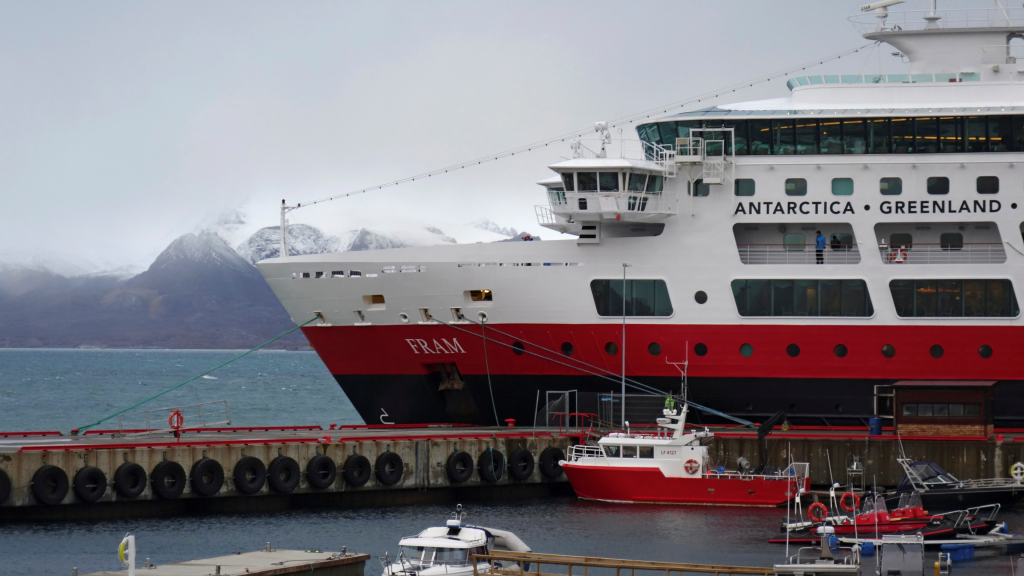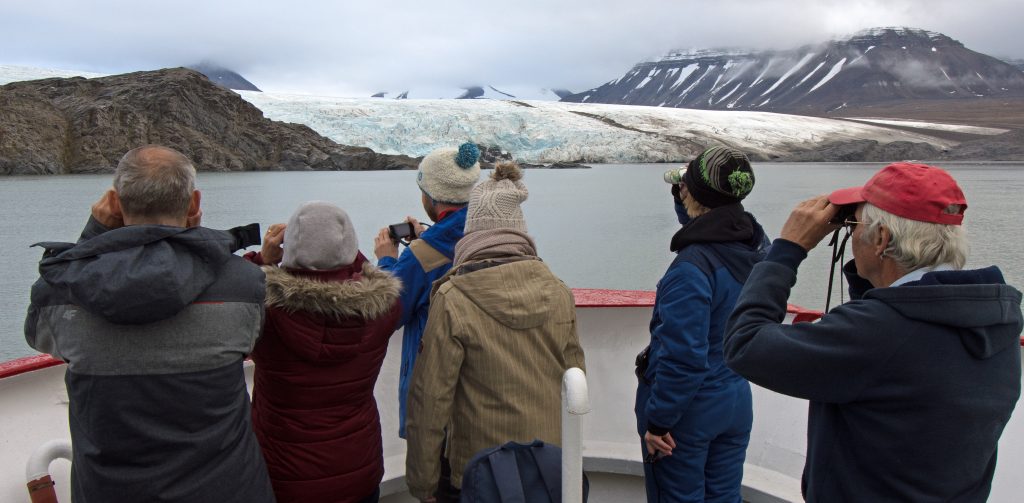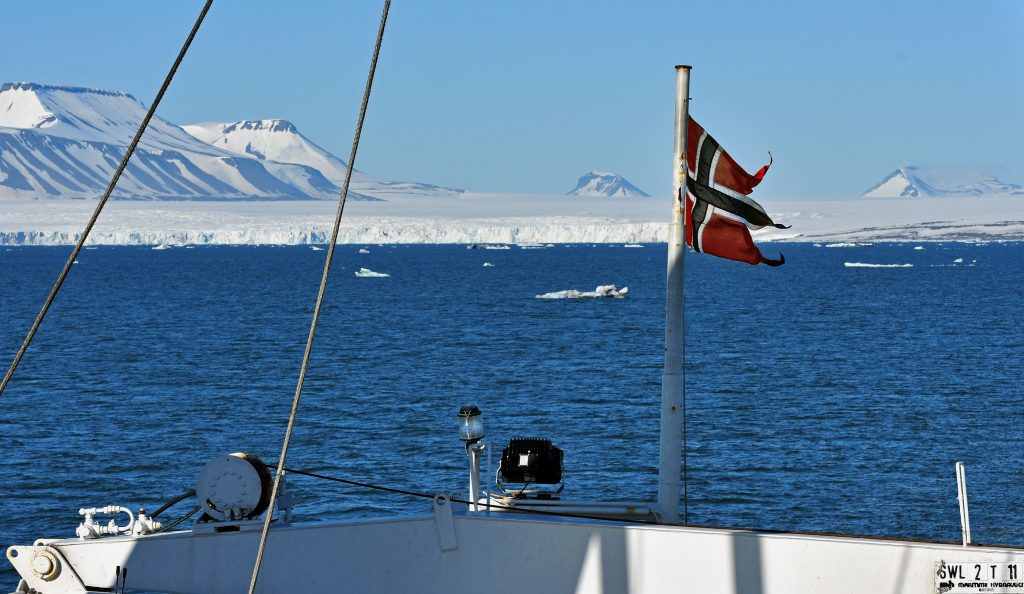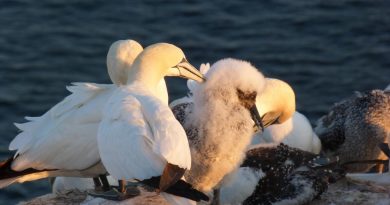Norway considers size limitation on passenger ships sailing to Svalbard

The initiative, along with a ban on heavy fuel oil, is welcomed by both locals in Longyearbyen and Arctic expedition cruise operators.
The days may be numbered for mega cruise ships in the waters around Norway’s Arctic archipelago of Svalbard.
“It is now necessary to protect the wilderness and cultural heritage values at Svalbard from the increased pressure caused by both tourism and climate changes,” says Norway’s minister of environment Ola Elvestuen.
Minister Elvestuen initiates an action plan he said will “consider several targeted measures.”
A press-release by the government highlights four targets; expanding the existing ban on heavy fuel oil, limit the size of cruise ships, stricter rules to avoid disturbing polar bears and restrictions on landings at vulnerable places.

It’s a paradox, but global warming opens more Arctic waters for vessels with tourists who want to see the sea ice before it melts away.
The number of cruise ships to Svalbard, and their size, has increased year-by-year. While the larger cruise ships holding thousands of passengers sail the normally ice-free waters off the west coast of Spitsbergen, more and larger expedition ships sail the icy waters north and east of Spitsbergen which is the largest island on the archipelago of Svalbard.
In Longyearbyen, the main settlement on Svalbard, locals more than welcome the initiative by the government in Oslo to put an end to port-calls by mega cruise ships, some arriving with more tourists than inhabitants in the town. “Everyone Svalbardposten has spoken to, support the suggestions,” the local newspaper reports.

The proposed general ban on sailing with heavy fuel oil (HFO) at Svalbard is welcomed by the Association of Arctic Expedition Cruise Operators (AECO).
“By formalizing this ban, the expedition cruise industry is sending a message to decision-makers that it is time to act to protect the Arctic from the risk of HFO pollution,” said Frigg Jørgensen, Executive Director of AECO.
The association represents the great majority of operators that offer expedition cruising in the Arctic, typically with vessels with an average capacity of 150 to 200 passengers.
Jørgensen said she hopes other Arctic nations and the International Maritime Organization (IMO) will follow Norway’s lead.

Today, ships are not permitted to use or carry heavy fuel oil when sailing in the nature reserves on the east side of Svalbard or in the three large national parks along the west coast of Spitsbergen.
The Governor of Svalbard, in charge of imposing the environmental regulations, informs that ships sailing these areas must use light marine diesel, which will be less severe to the marine life and coastal fauna in the event of a spill.
Related stories from around the North:
Canada: Environmental groups welcome ban on dirty fuel by Arctic cruise operators, Radio Canada International
Finland: Climate activists block cruise ship in Helsinki, Yle News
Iceland: Iceland to restrict heavy fuel oil use in territorial waters, Eye on the Arctic
Norway: Hybrid-powered electric cruise ship navigates Northwest Passage, CBC News
Russia: Cancelled Norwegian cruises to Arctic Russia: competitor denies any involvement, The Independent Barents Observer
Sweden: Swedish industry group asks government’s help in shifting away from fossil fuels, Radio Sweden
United States: Environmental groups call for global moratorium on ‘emissions cheat’ systems on ships, Radio Canada International



